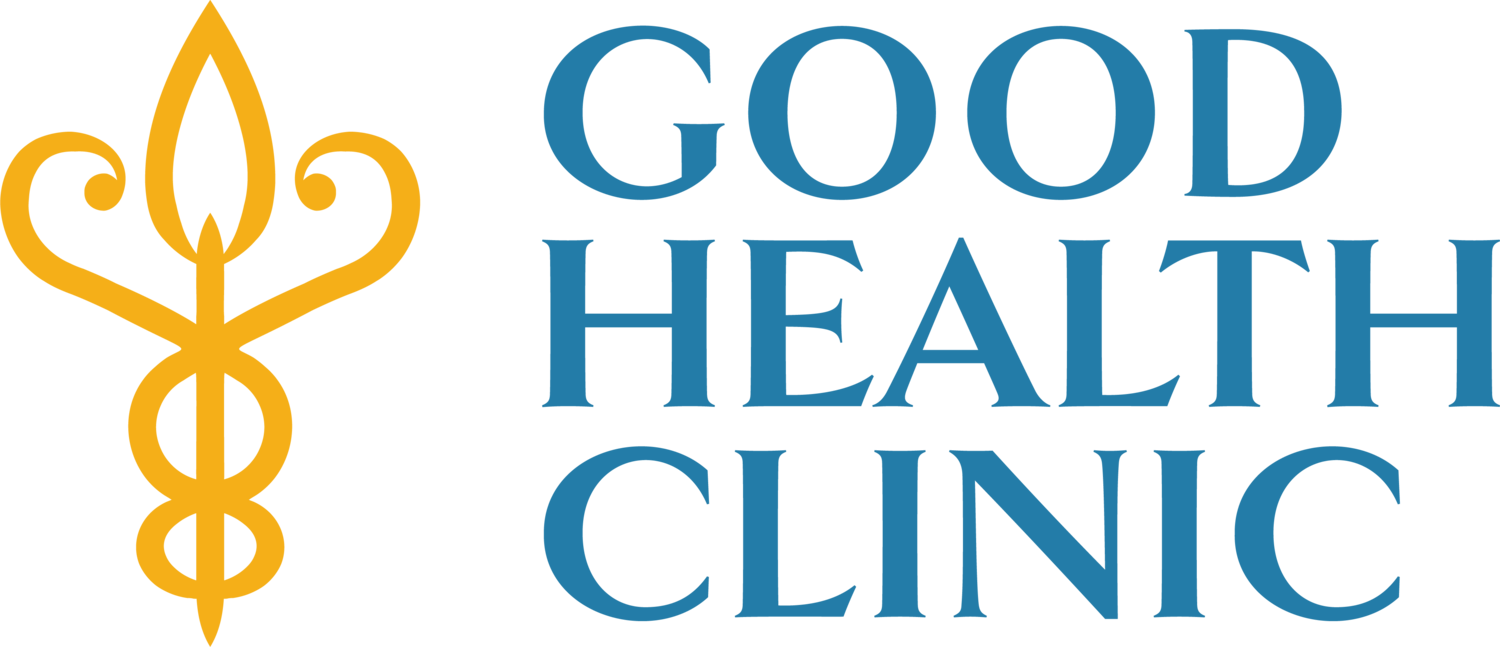What’s the Beef with Beef?
With the exception of butter, no food has been demonised as much as red meat in recent years, particularly beef. However, according to food activists, beef causes cancer, osteoporosis, mad cow disease, heart disease, impotence and much more. I see people who proudly tell me they have given up eating red meat, however they aren’t feeling that well and their lab results often tell me they are anaemic and running on low hormones. So, what’s the beef about beef? When in doubt, I go back to the science. In this blog post, I review the research of two outstanding nutritionists Sally Fallon and Dr Mary Enig from the Weston A. Price Foundation for Wise Traditions in Food, Farming and the Healing Arts.
Does beef cause heart disease?
Like the famous lipid (fat) hypothesis that has now been shown to be flawed, the idea that beef causes heart disease dates back to the 1950s. Around 1910, heart disease used to cause around three thousand deaths a year in the US. By 1960, the statistics had risen to at least 500,000 deaths a year. Many scientists believed the culprits were butter, eggs and beef and thought that saturated fat and cholesterol raised blood cholesterol, creating cholesterol plaque deposits in arteries that led to obstruction and heart disease.
The theory was tested by Dr. Norman Joliffe in New York in 1957 when he founded the Anti-Coronary Club and initiated a clinical trial. Dr. Joliffe, an overweight diabetic confined to a wheelchair, placed a group of businessmen, aged between 40 and 59 years, on what he termed the Prudent Diet. This used corn oil and margarine instead of real butter, cold breakfast cereals instead of eggs, and chicken and fish instead of beef. Sounds familiar? This study also used a matched group of the same age who ate eggs for breakfast and had meat, including beef, three times a day. The results of the trial were published in 1966. Among Dr. Joliffe’s Prudent Diet eaters, there were eight deaths; however, no deaths in the group that ate meat three times a day. Dr. Joliffe, Fallon and Enig tell us, died from vascular thrombosis in 1961 although his death certificate records complications from diabetes.
As Fallon and Enig point out, despite all the propaganda that survives to this day, the lipid hypothesis has never been proven. On the other hand, many studies show that inadequate protein intake leads to loss of myocardial (heart) muscle and may, therefore, contribute to coronary heart disease. Dr. George Mann, who studied the Masai herding peoples of Africa and found no heart disease among this rich meat-eating culture, called the lipid hypothesis “the greatest scam in the history of medicine.” It has been used to persuade millions of people that they are sick and must take expensive drugs with serious side effects to get their cholesterol down.
Therefore we have the low-fat diet, but with it, a corresponding rise in refined carbohydrates and hydrogenated vegetable oils. Dr. Catherine Shanahan MD has some lovely photographs in her book Deep Nutrition: Why Your Genes Need Traditional Food, of how refined sugar and vegetable oils produce what she calls “French fried arteries.” When the lining of arteries are coated with the sort of trans fats that abound in highly processed western foods, free radicals (particles that can damage cells) literally fry living tissue; arteries and the heart muscle become greasy and fragile, just like crispy fried food.
Does beef cause cancer?
In 1965, Dr. Ernst Wynder published data equating high rates of colon cancer with the kind of saturated fat found in beef. Except that, according to Fallon and Enig, the “animal fats” in his data were actually processed vegetable oils. While two US studies from the 1990s have found a higher risk of colon cancer among those who eat red meat, no European study has ever shown an association between meat consumption and cancer. Fallon and Enig propose that this may suggest that European sausage and luncheon meats have fewer carcinogenic additives than US counterparts. Therefore, as my old university tutors were fond of pointing out, we need to distinguish for the purposes of research between fresh meats and those that have been embalmed in modern chemicals.
Three other studies also give food for thought: the 1975 Seventh-Day Adventists physicians’ study, a 1997 study published in the Journal of Cancer and a 1978 study published in the Journal of the National Cancer Institute. In the former study, Rowland Phillips found that the Seventh Day Adventist physicians’ group (who do not eat meat and are vegetarians) had higher rates of gastrointestinal and colon-rectal cancer deaths than the meat-eating physicians’ group. The 1997 study found that the risk of colon and rectal cancer increased with consumption of bread, cereal dishes, potatoes, cakes, desserts and refined sugars (surprise, surprise!), but not with eggs or meat. The 1978 study found no greater risk of colon cancer, regardless of the amounts of beef or other meats eaten. This study also found that those who ate plenty of cruciferous vegetables such as cabbage, Brussels sprouts and broccoli had lower rates of colon cancer. So, the take-home message is: eat your greens and your meat!
The above studies correlate with findings of other studies about the mechanisms of initiation of colon cancer. It seems a major player in cancer initiation is high levels of dietary vegetable oils and hydrogenated fats, along with certain cancer-promoting chemicals, acted upon by certain enzymes (chemical messengers) in the lining of the colon, leading to tumour formation. The same culprits that make French fried arteries! I could make this much longer article by analysing more similar scientific studies on beef and osteoporosis, Mad Cow Disease, kidney disease, impotence etc., but I’ve been told to curb the length of my Newsletters!
Vegetarians versus Meat Eaters
Since we’re talking meat and veg, I’ll mention that Fallon and Enig have also reviewed the scientific evidence for whether vegetarians live longer than meat eaters. Firstly, there is statistician Dr. Russell Smith’s review of over 3,000 scientific articles in which he found only two that compared mortality rates for vegetarians with non-vegetarians. The 1978 Seventh day Adventists study claimed it showed that vegetarians lived longer. However, Smith’s analysis of the total mortality rates found that the total death rate decreased as the frequencies of eating cheese, eggs, meat and milk increased. Secondly, there is the dentists’ study by Dr. Emmanuel Cheraskin who surveyed 1,040 dentists and their wives. Those who had fewest health problems and diseases as measured by the Cornell Medical Index, had the most protein in their diets.
These study findings seem to correlate with lab findings in the Good Health Clinic i.e. findings of protein deficiency and vitamin and mineral deficiencies in people who have adopted poorly constructed vegetarian or vegan diets with dubious meat alternatives. I emphasise poorly constructed because I have seen some people do well on vegetarian regimes provided they supplement correctly with Vitamin A, B6, D, B12, zinc, other minerals and bone broth, all of which are pretty much absent from plant-based foods and rich in meats like beef. Vitamin D is particularly needed to maintain proper acid-alkaline balance on the body (sometimes used as an argument for not eating meat!).
Dr. Weston A. Price
I started with Dr. Weston A. Price and now I’ll finish with him. Called the “Father of Modern Nutrition” because of his groundbreaking research into the causes of disease (published in his book Nutrition and Physical Degeneration), Dr. Price realised decades ago that animal foods are crucial to human health. In his research travels, which took him all over the globe, Dr. Price tried to find a healthy population living entirely on plant foods but found none. All the traditional peoples he studied made sure they ate animal foods and all the “sacred food” (those for having healthy babies) were animal foods.
P.S.
What about those farting cows, I hear you ask? As my interest in cows’ is purely nutritional (and aesthetic when I paint them on canvas), I suggest the reader may wish to research further to separate the science from the hype. You could start with the 2006 report from the Food and Agriculture Organisation (FA) of the United Nations which became the basis for the meme “Meatless Mondays.” You might then wish to balance this information by dipping into the book Sacred Cow: The Case for Meat: Why Well-Raised Meat Is Good for You and Good For the Planet. According to its authors, Diana Rogers and Rob Wolf, the researchers of the above 2006 FA report later admitted that their assessment of the impact of cattle on the environment had been unfair and founded on everything to do with the life cycle of the cow including transport issues etc. rather than farting alone. However, by this time, like the famous lipid hypothesis, it had become entrenched in the public mindset.
If you are concerned about the effects of the foods you are eating upon your health or if you suspect you may be deficient in any essential nutrients for good health, please contact the Good Health Clinic on 07836 552936 or email goodhealthclinic@outlook.com.

